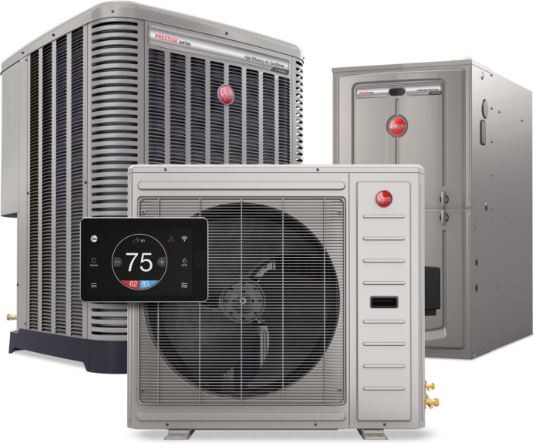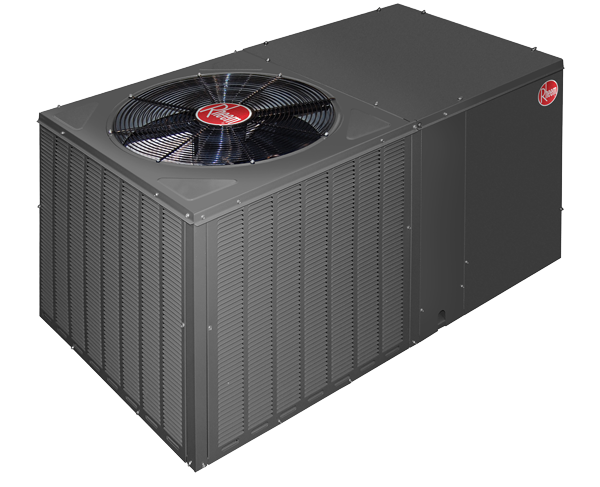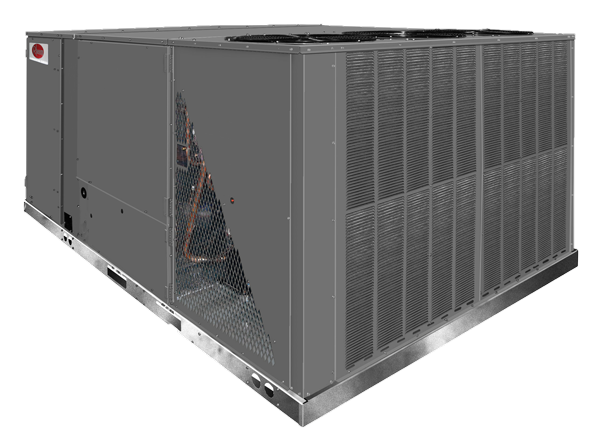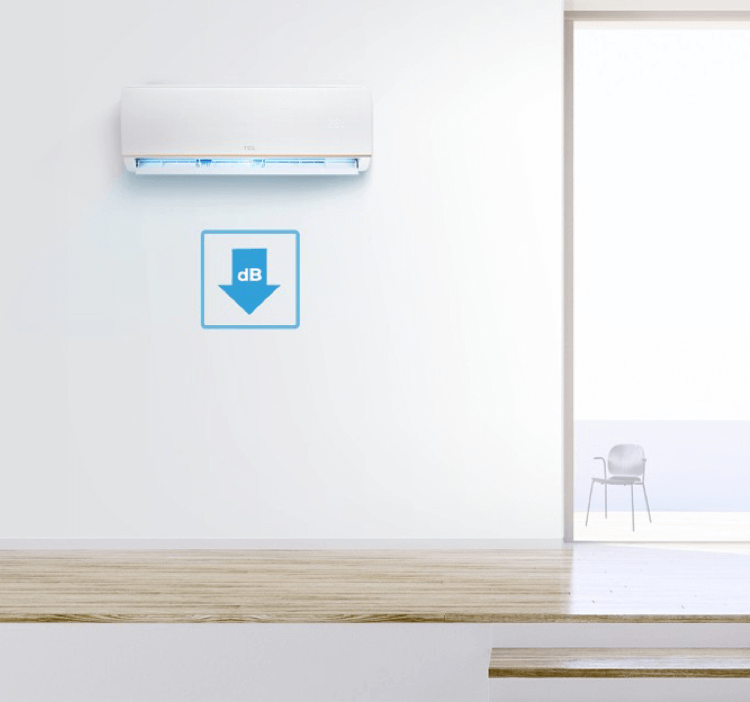Redefining Cooling: Next-Level Air Conditioning Innovations
In the era of modern technology, air conditioners are no longer just traditional cooling devices. Today, we are witnessing significant advancements in this field with the emergence of new technologies and innovations aimed at improving energy efficiency, reducing environmental impact, and enhancing overall user comfort.
1. Smart Air Conditioners:
One of the notable innovations is smart air conditioners that can be controlled remotely via smartphones or tablets. These air conditioners are not only easy to use, but they can also adapt to the daily habits of users thanks to machine learning technology. These devices can automatically adjust the temperature based on user preferences and surrounding conditions, saving energy and improving user comfort.
2. Solar-Powered Cooling:
With increasing interest in environmental sustainability, solar-powered air conditioners have become a popular choice. These air conditioners utilize solar energy to operate the system, reducing traditional electricity consumption and lowering monthly bills. Additionally, they help reduce carbon emissions, making them an eco-friendly option.
3. Water Cooling Technologies:
Water cooling technologies are an exciting innovation in the field of air conditioning. This technology uses water as a refrigerant instead of traditional gases, increasing cooling efficiency and reducing environmental harm. Moreover, this technology helps significantly reduce energy consumption.
4. Multi-Zone Cooling Systems:
Multi-zone cooling systems allow temperature control in each room individually. This type of system is particularly useful in large homes or commercial buildings, where the temperature can be adjusted according to the usage of each space, saving energy and increasing comfort.
5. Improving Indoor Air Quality:
Air conditioners are no longer limited to cooling; they also contribute to improving indoor air quality. Some modern air conditioners are equipped with advanced filters that remove impurities and pollutants from the air, enhancing user health and creating a cleaner indoor environment.
Clearly, the future of air conditioning is full of innovations aimed at improving efficiency and reducing environmental impact. These developments reflect the industry’s commitment to meeting the growing needs of consumers in a world moving towards sustainability and innovation.






